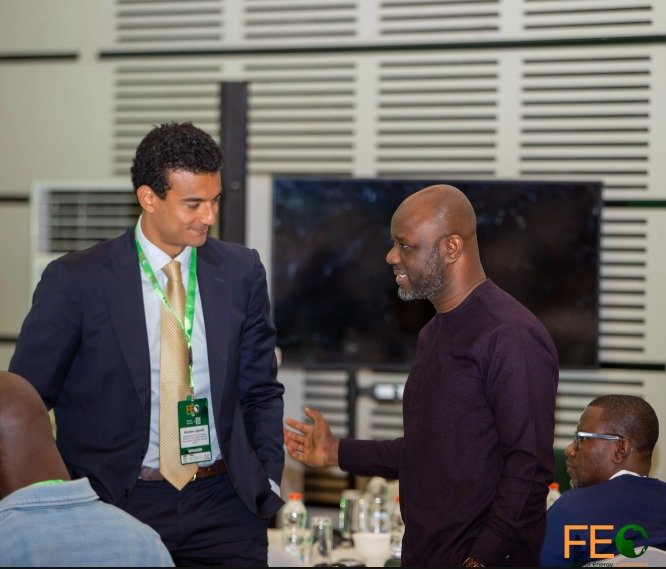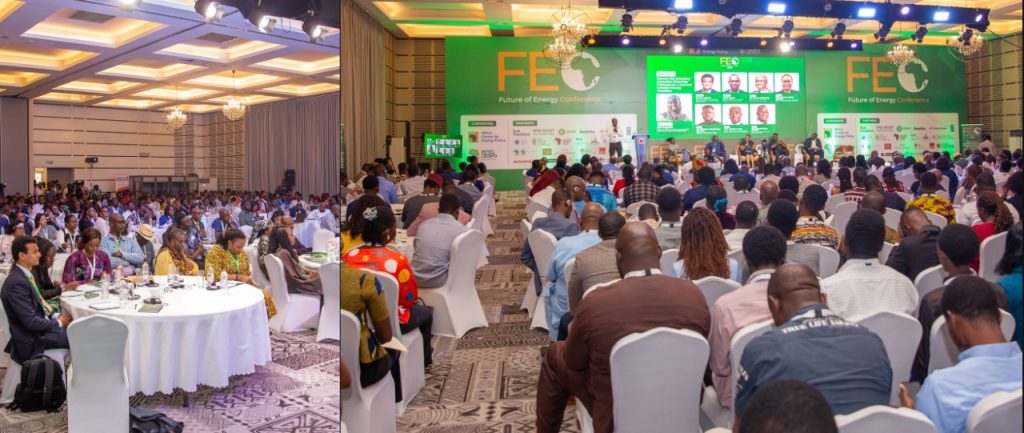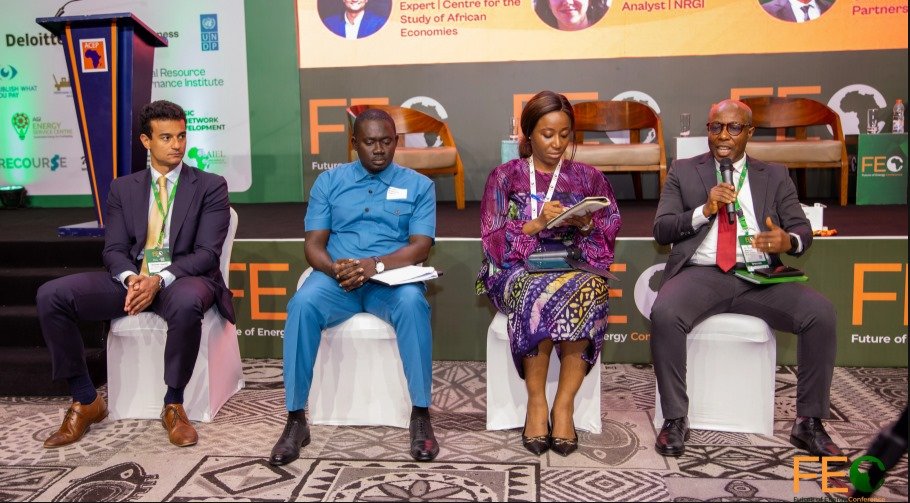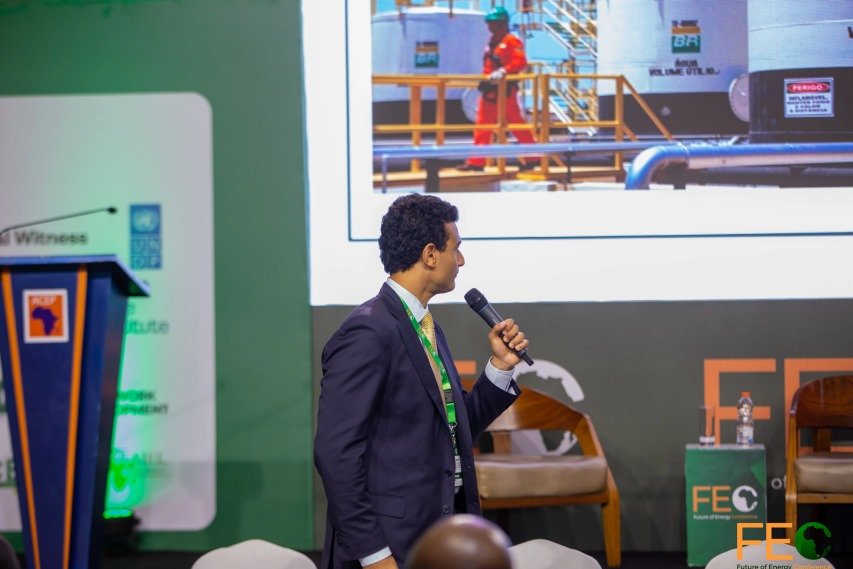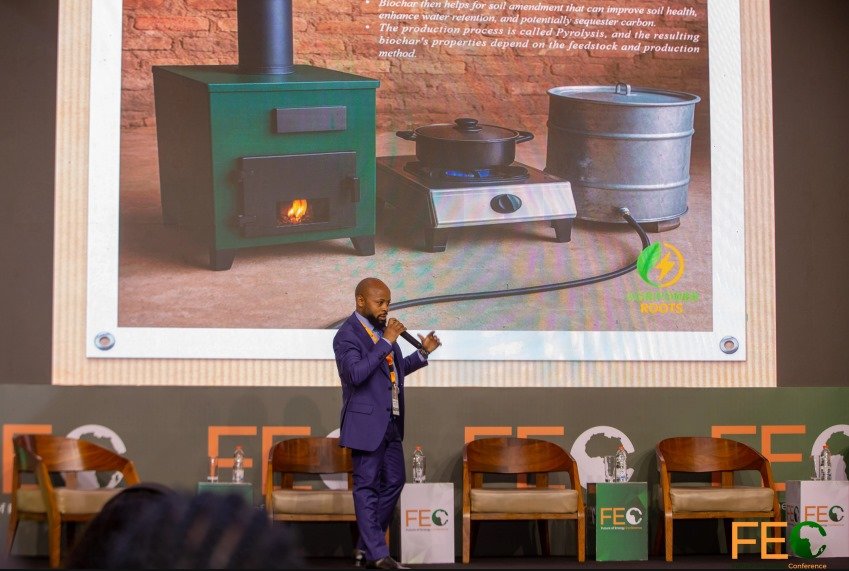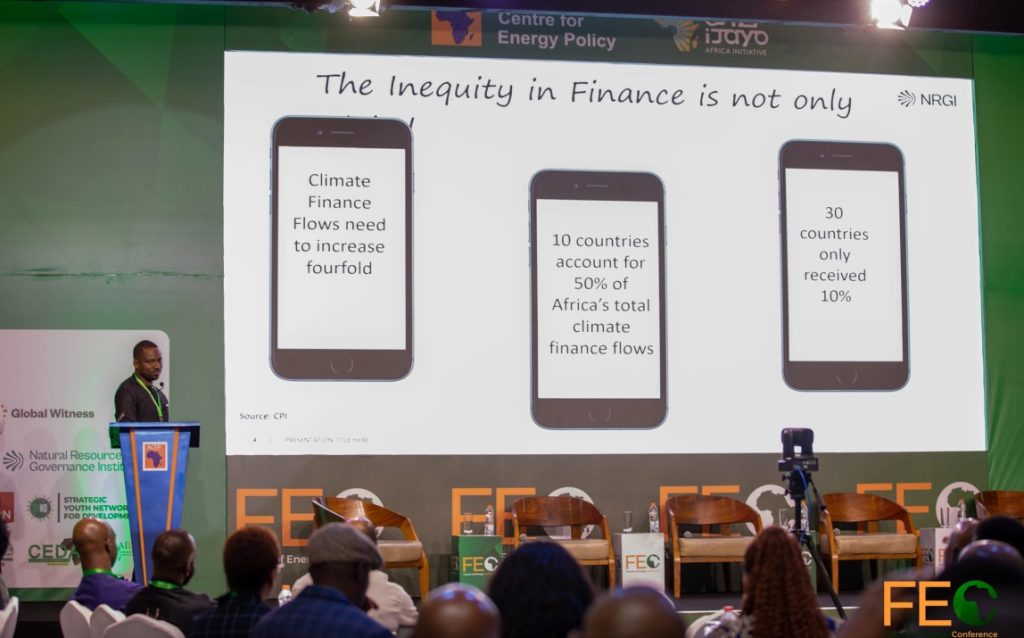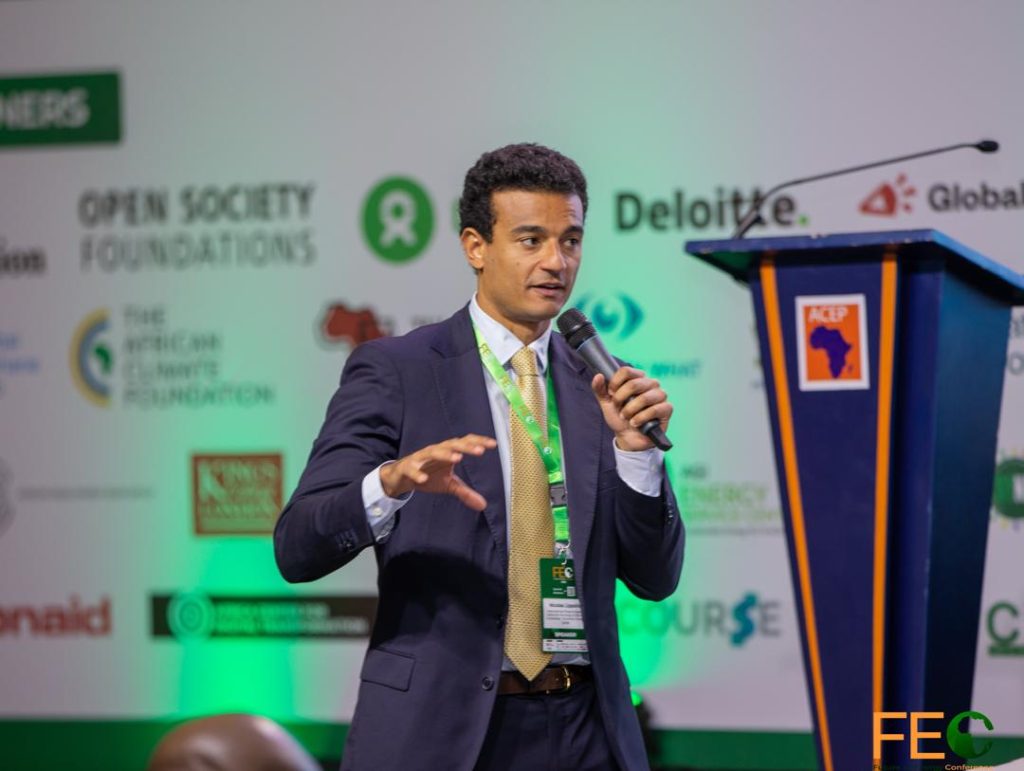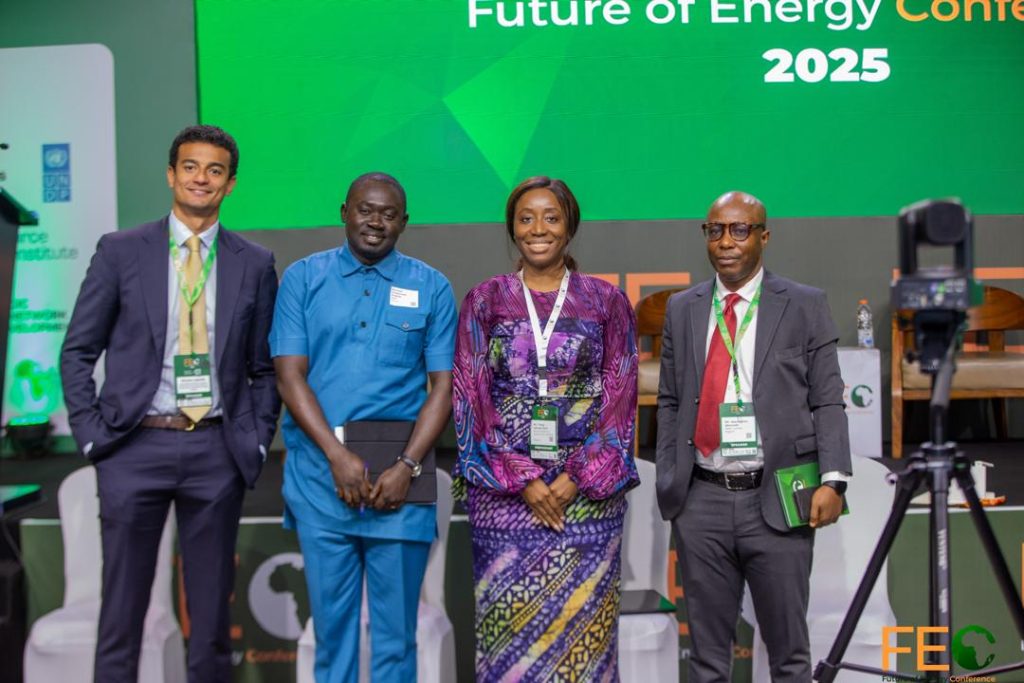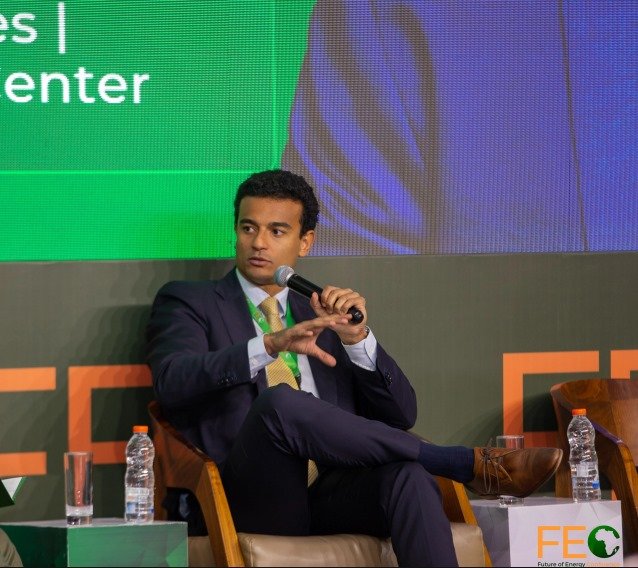
Africa faces a severe energy poverty crisis, with more than 600 million people lacking access to electricity and 1 billion relying on biomass for cooking.
Despite having vast reserves of critical minerals essential for clean energy technologies (such as cobalt, platinum, graphite, and copper), the continent attracts only a fraction of global investments in renewable energy (2% between 2000 and 2020). This challenge demands urgent and innovative solutions!
In this crucial context, researcher Nicolas Lippolis, founder of the Center for Energy, Finance, and Development (CEFD), was invited to speak at the Future of Energy Conference 2025 in Accra, Ghana, at the invitation of Benjamin Boakye, executive director of the Africa Centre for Energy Policy (ACEP), the event’s organizing institution.
The conference aimed to identify solutions, strengthen regional integration, and promote innovative strategies for mobilizing resources, investment, and technologies for Africa’s energy transition.
Dr. Lippolis spoke about the lessons learned from the experiences of the National Oil Companies (NOCs) of Brazil and Angola in addressing the energy transition, alongside NOC leaders from Ghana and Nigeria.
The CEFD founder also participated in a discussion on the event’s main stage with Kodzo Yaotse, Policy Lead – Oil and Conventional Energy at the Africa Centre for Energy Policy, about the transformative role of NOCs in financing Africa’s green infrastructure.
Among the main points discussed, Dr. Lippolis highlighted that oil and gas production in most African countries is declining, and global demand for fossil fuels is likely to decrease, which will severely impact economies that are dependent on these resources.
Therefore, African NOCs must embrace the energy transition And this requires a strategic and collaborative approach, focusing on:
- Governance and Transparency: Essential for Attracting and Managing Investment.
- Autonomy: To negotiate international strategic partnerships to attract investment and facilitate the transfer of capabilities.
- Contextual Awareness: Each country has a unique scenario; plans must be adapted to existing capabilities and realities, proceeding with caution.
